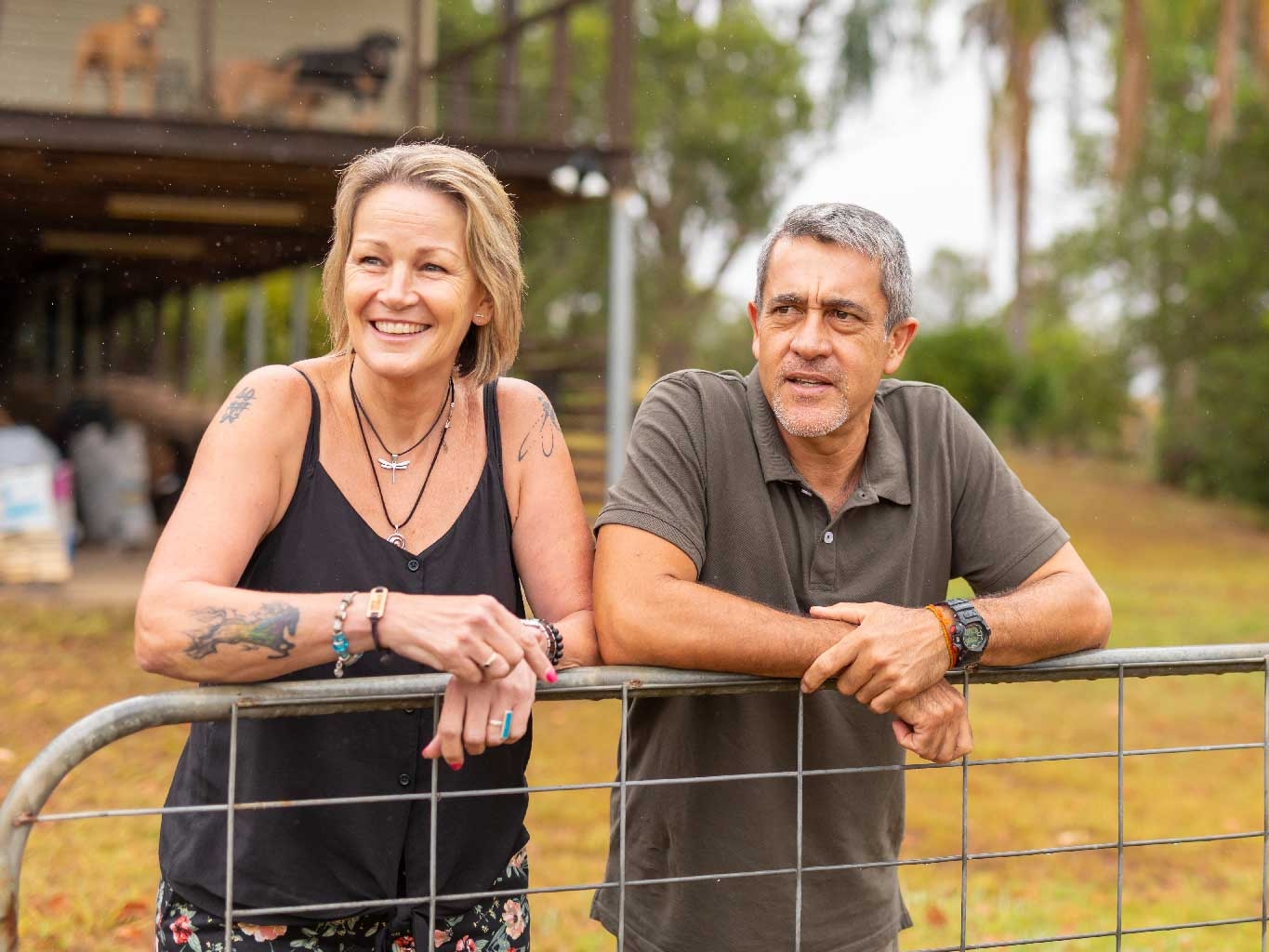

Connecting with others can help with your recovery, your wellbeing and quality of life. If you live in a rural or remote area where there are less people and longer distances to travel, you might find yourself feeling isolated or disconnected following a heart event or diagnosis. However, there are many different ways to overcome this.
Hear from Melissa in rural NSW who talks about the different emotions she experienced after her heart event and the steps she took to prioritise her emotional and mental wellbeing.
Connecting with family and friends doesn’t have to be face-to-face. If you live far away from them, you can text, call or video call to stay in touch. You can even form closed online groups or chats to share in conversations with your family or group of friends.
Connecting with others in your local community through a shared interest is a great way to meet people. Your local council or community centre can often provide information about events in your area. Most towns also have Facebook community pages with information about local happenings. This can be another opportunity to interact with other people.
Peer support provides the opportunity to connect with other people who are in a similar situation, share experiences and get support. It can be both face-to-face and online and can help you to feel less alone, reassured about the present and supported to make healthy changes.
If your emotions are affecting your daily life, it is important that you seek professional assistance for guidance and support. You can do this by reaching out to any of the below support services.
Check in with your general practitioner (GP) and healthcare team to seek help in managing your physical, mental and emotional wellbeing.
Call Lifeline (13 11 14) for confidential crisis support via phone, text or online chat.
Call 13YARN (13 92 76) for Aboriginal and Torres Strait Islander crisis support.
The Cardiac Psychology Clinic is available Australia-wide to people diagnosed with a heart condition (fees apply). To access the Cardiac Psychology Clinic, phone 03 9546 0009 or visit NeuroCentrix at https://neurocentrix.com.au/cardiac-psychology-clinic
Call Head to Health on 1800 595 212 for confidential mental health advice and support. (Please note that Head to Health is not a crisis or emergency service. For urgent support, call Lifeline or Triple Zero [000]). Visit the Head to Health website for mental health information, services and support. No appointment or GP referral is required.
Access online resources focusing on social, emotional and cultural wellbeing for Aboriginal and Torres Strait Islander Peoples on WellMob.
Get mental health support from Beyond Blue by talking or chatting online to a counsellor or by accessing free sessions with a mental health coach. You can also call them on 1300 22 4636 for more information about mental health, treatment and management or to find a mental health practitioner in your area.
Other rural mental health services are listed in this help sheet from the National Rural Health Alliance.
Last updated29 August 2025
Last reviewed02 July 2024